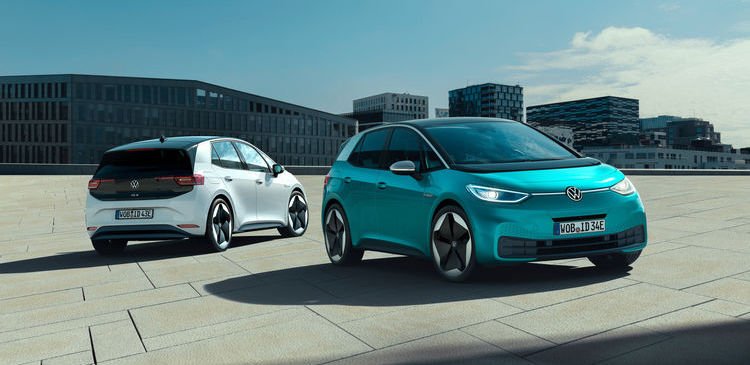Inside the industry: The ID 3 could be VW's missed opportunity

In terms of stating ambitions for the ID 3, Volkswagen couldn't have aimed higher than labelling it as equally important as the Beetle and Golf. Here's a car that carries the twin weights of seeking forgiveness for Dieselgate and kick-starting the brand's electric car sales, which will surely form the backbone of its fortunes for the next 100 years.
Of course, the ID 3 is far from unique in being born out of a crisis; the post-war period provides plenty of examples, from the Beetle to the 1949 Ford and eventually the Mercedes-Benz SL and the Fiat 500.
So too the fortunes of some key sports car makers, some of whom seem to live permanently on the edge, have hung on the success of one model; think the Aston Martin DB7 and Lotus Elise.
Volkswagen's situation is rather different than any of these, though, with its scale, global breadth and financial might meaning its fortunes today far from hang on the ID 3. In fact, its mega profits will continue to be driven by engined cars for some time yet, so the electric car's significance owes more to how it shapes perceptions than to what it contributes to the bottom line.
It's hard not to wonder if that lack of back-to-the-wall jeopardy is why, from the angles of range, price, charging and more, the ID 3 is front-running rather than pioneering. By that I mean it no ill will at all: by all accounts, it's a very fine car indeed. But it's hard to escape the impression that the need to hit emissions targets and avoid fines, rather than scratch out sales and profits, means good is currently good enough.
The brutal truth is that, rapid though the ID 3's five-year development cycle was, Volkswgen left it too late to lay any markers in the sand in regards to pioneering in this early phase of electromobility. The true pioneers must be regarded as Tesla boss Elon Musk and ex-Nissan-Renault chief Carlos Ghosn, plus a handful of likeminded visionaries who failed, such as Henrik Fisker.
By the time the ID 3 was conceived, Volkswagen had already missed out to rivals in leading the EV vanguard (although that it put the XL1 plug-in hybrid into limited production demonstrates that the appetite to push eco extremes was alive when the opportunity to show off technical prowess was available). And now Volkswagen has been beaten to resetting the boundaries of affordable range, too, chiefly by Hyundai and Kia.
Will history one day place the ID 3 beside the Beetle and Golf, then? I suspect that will rather depend on the longevity of the name, rather than the capability of today's car. But, pioneer or not, by breaking cover among the front-running back, the ID 3 at least puts Wolfsburg in the race again.
Related News
